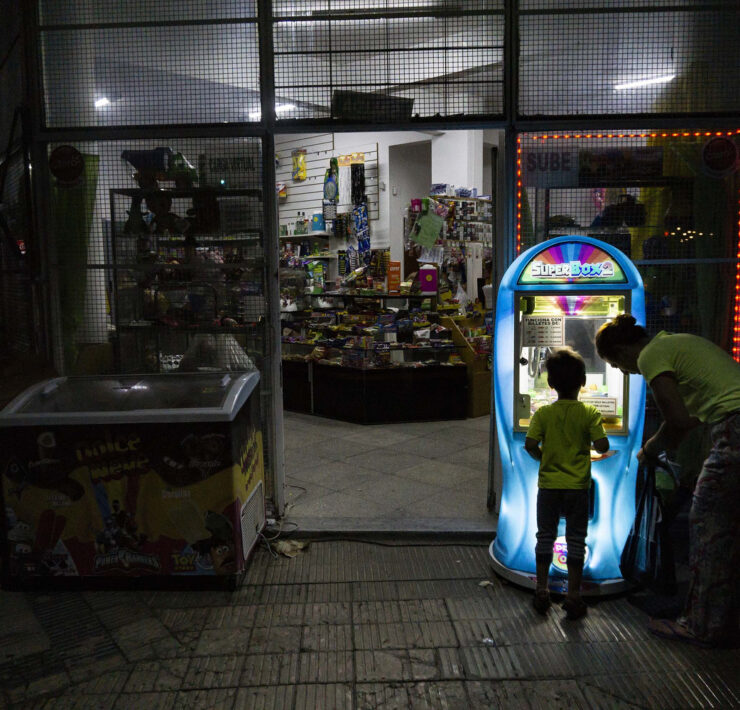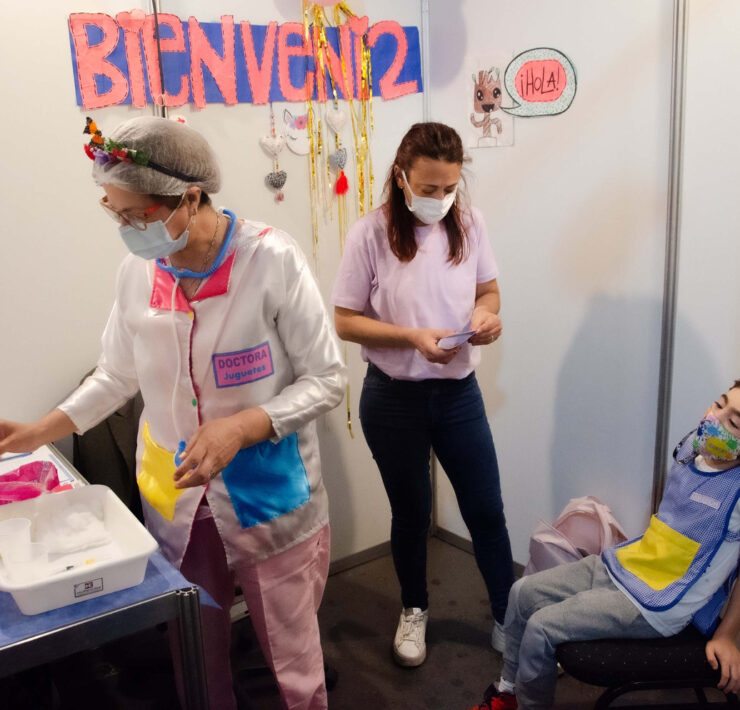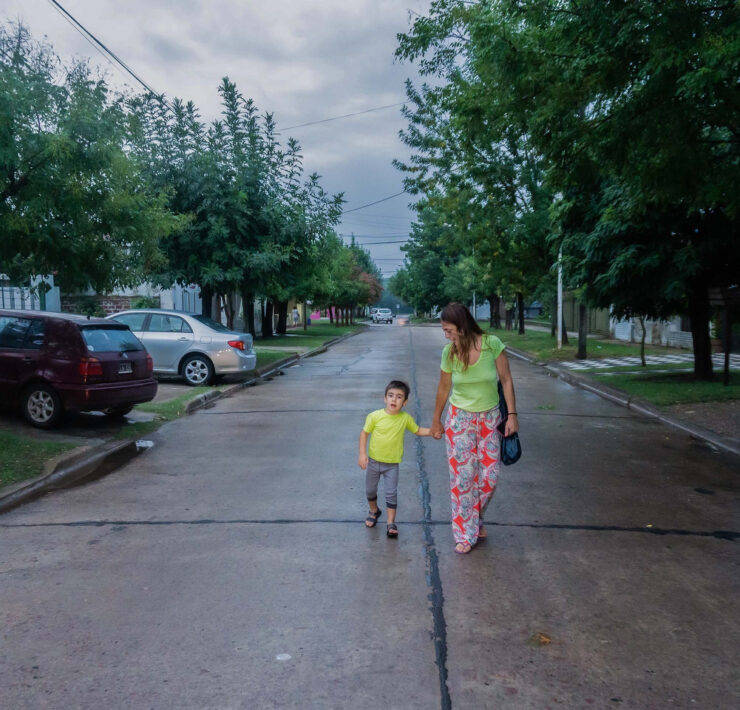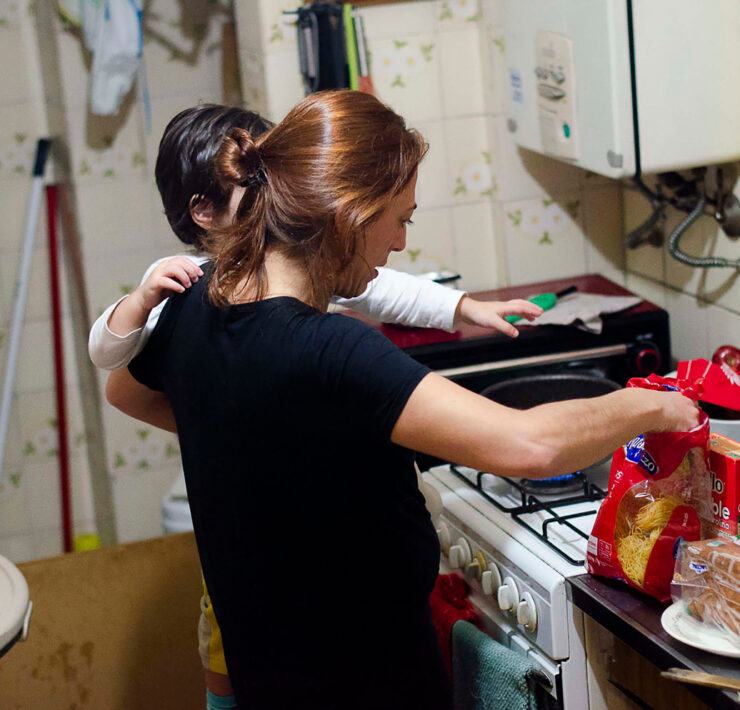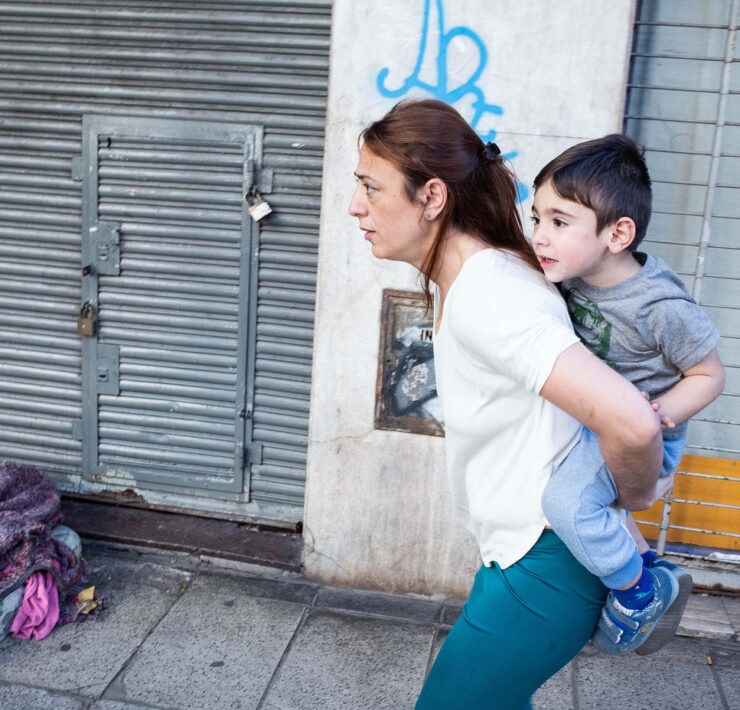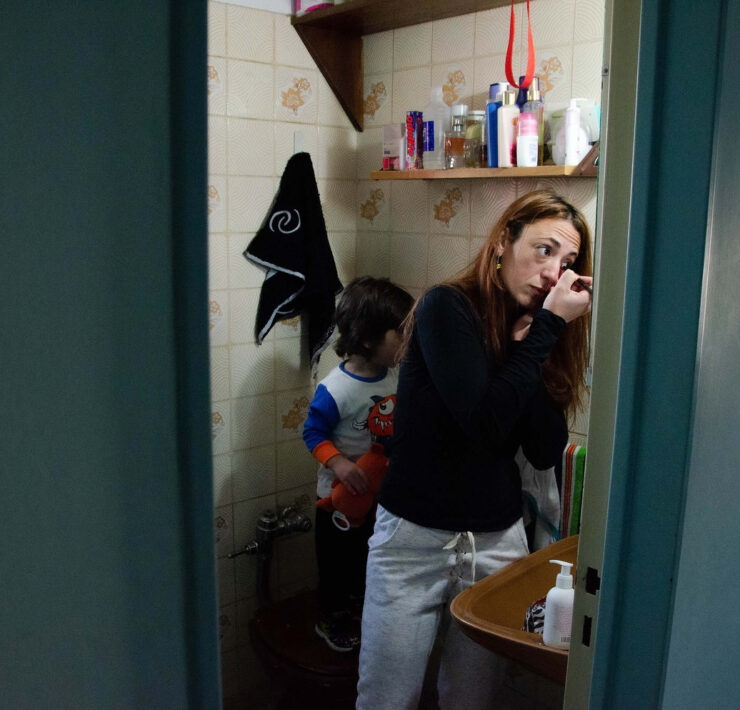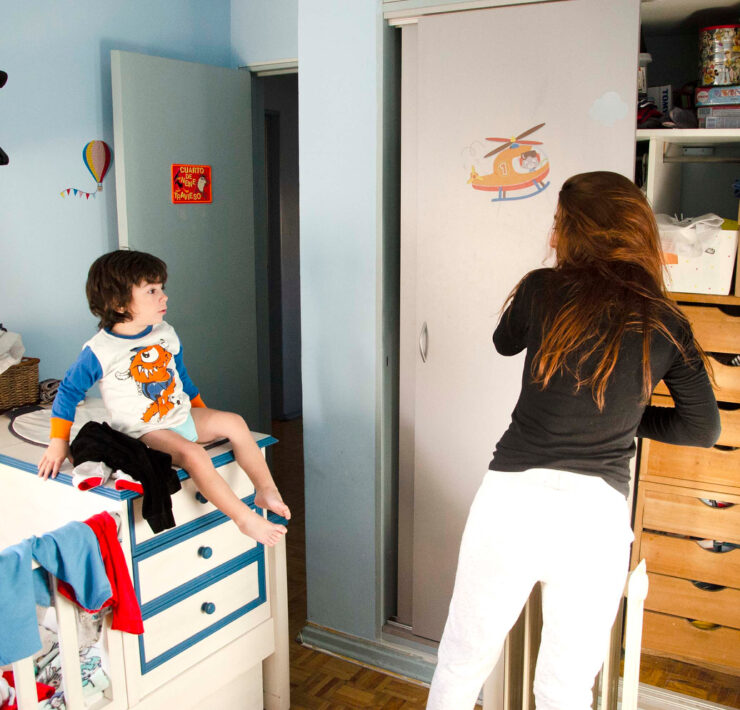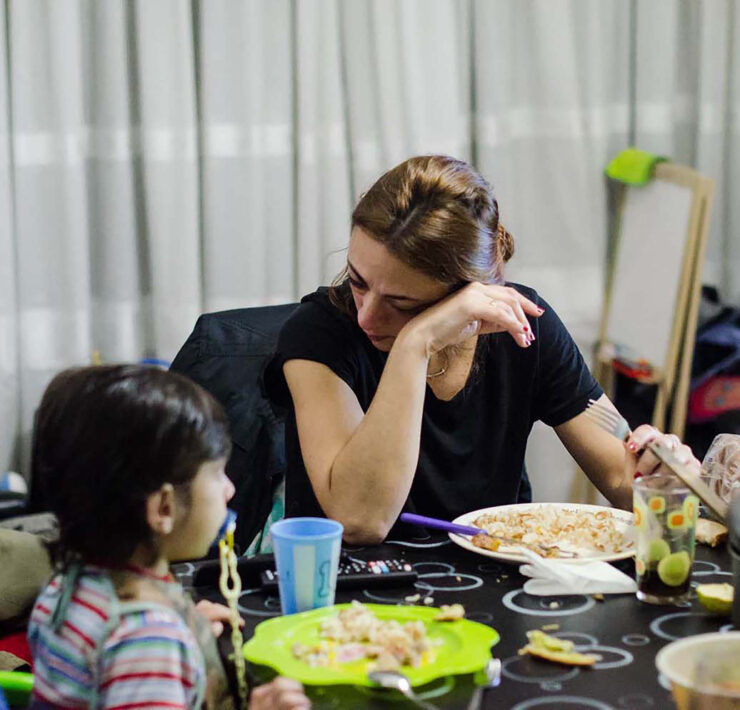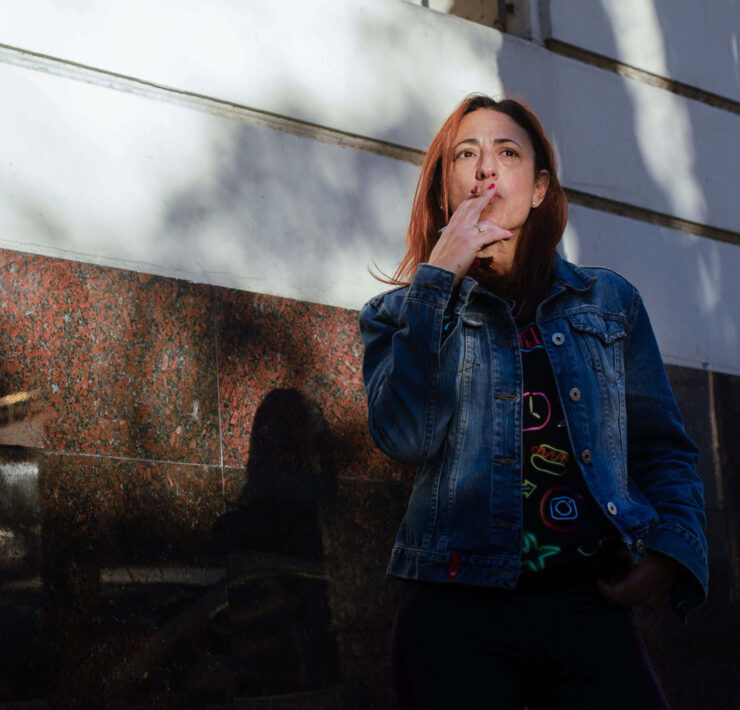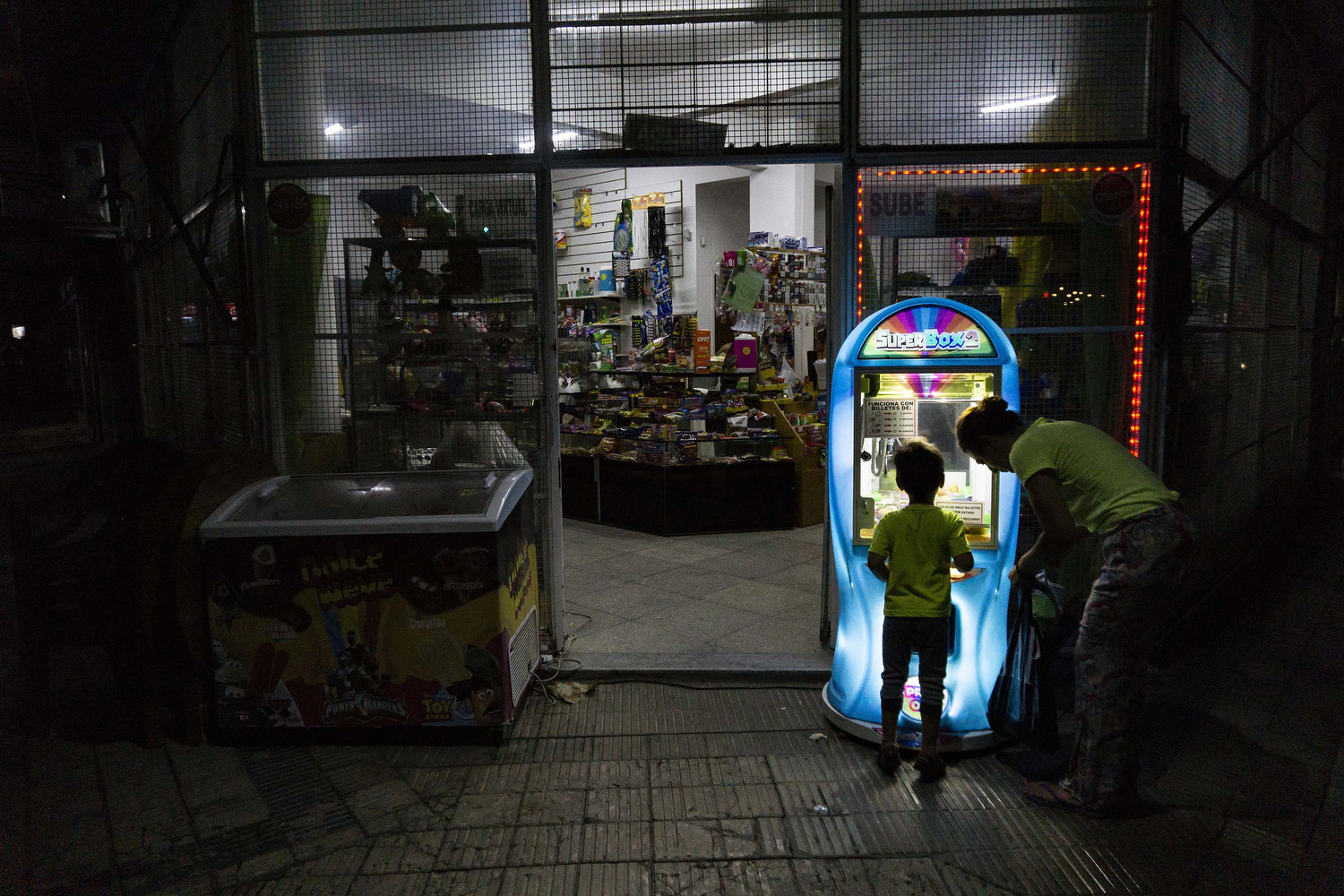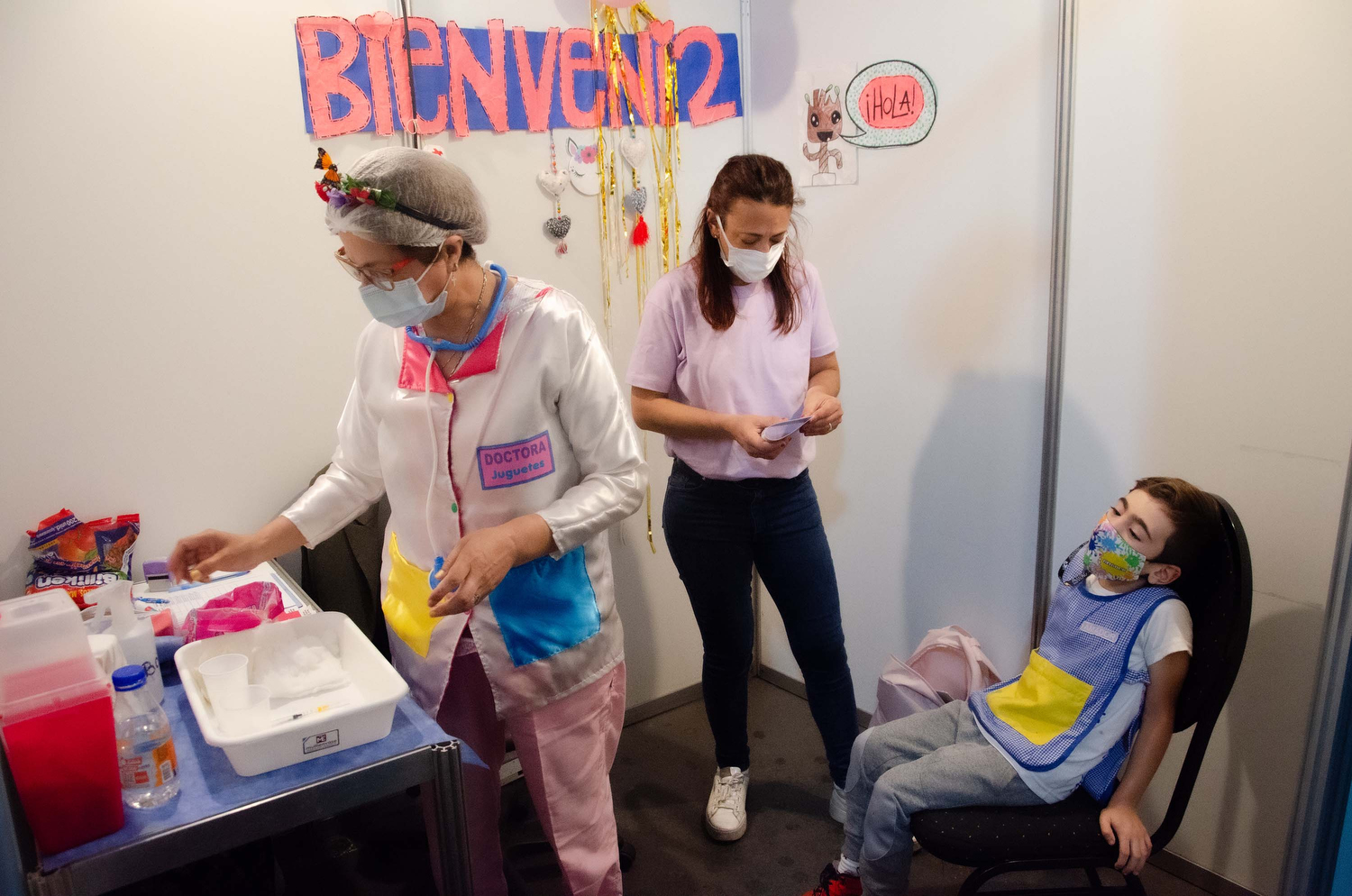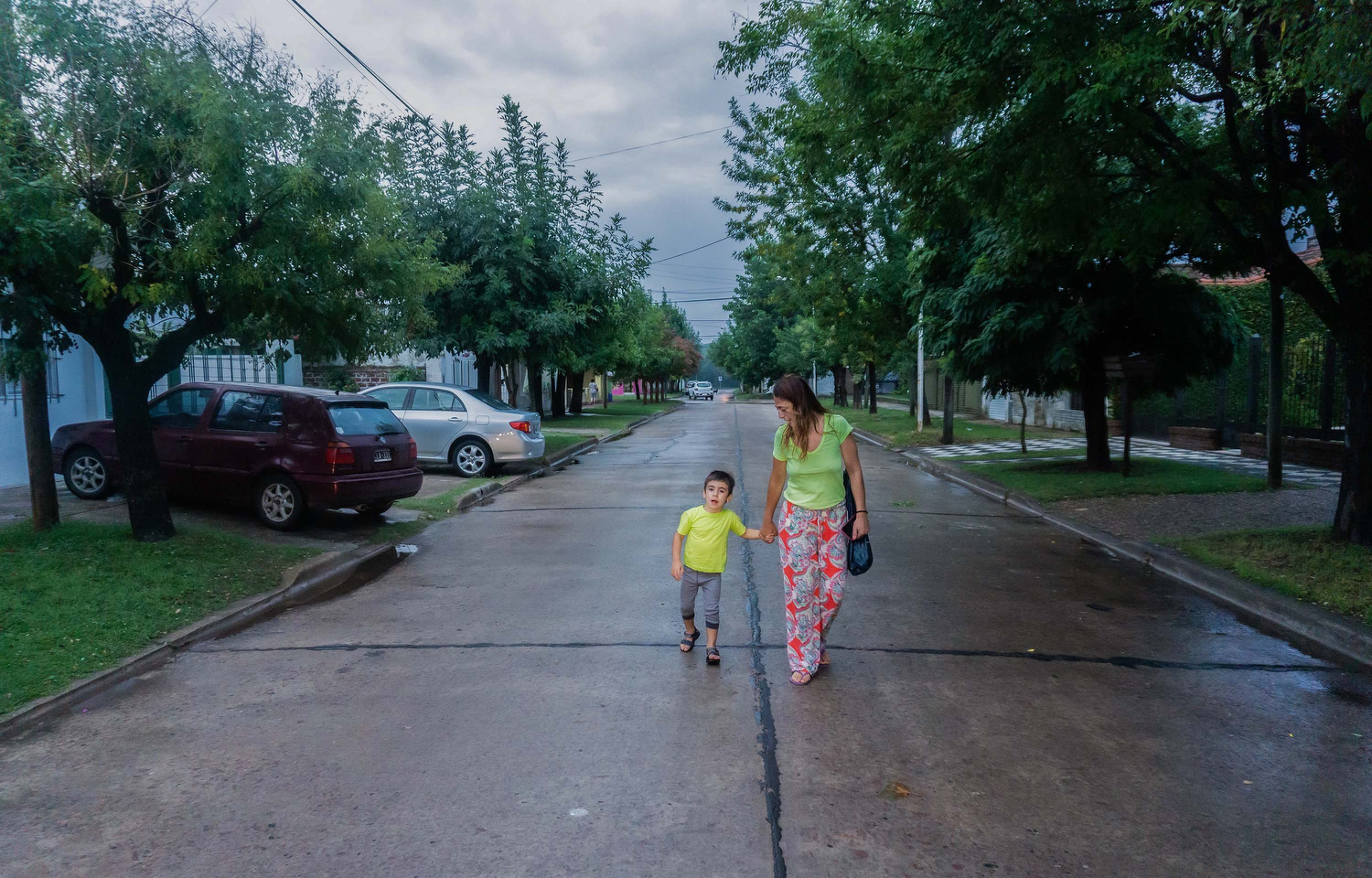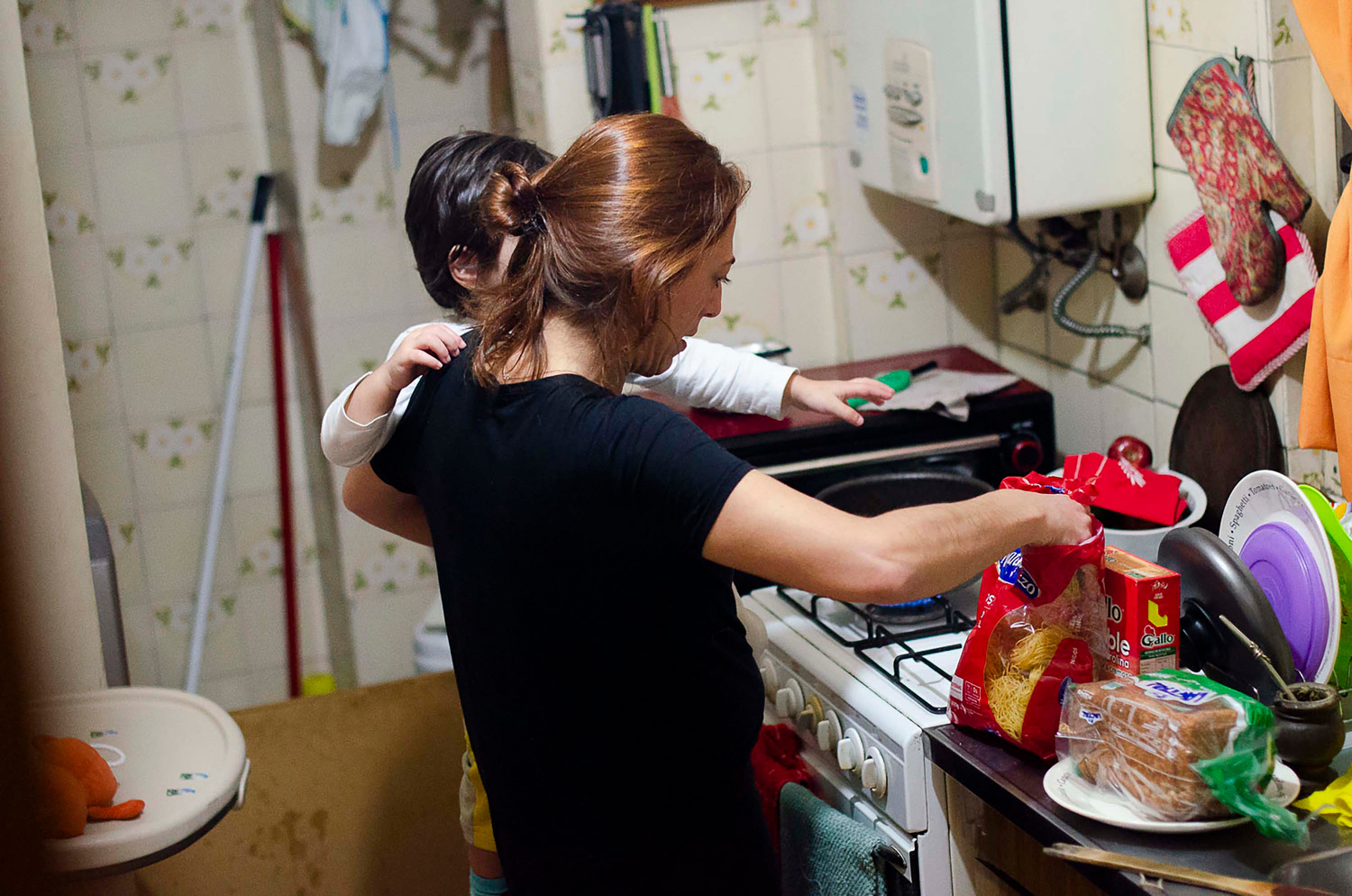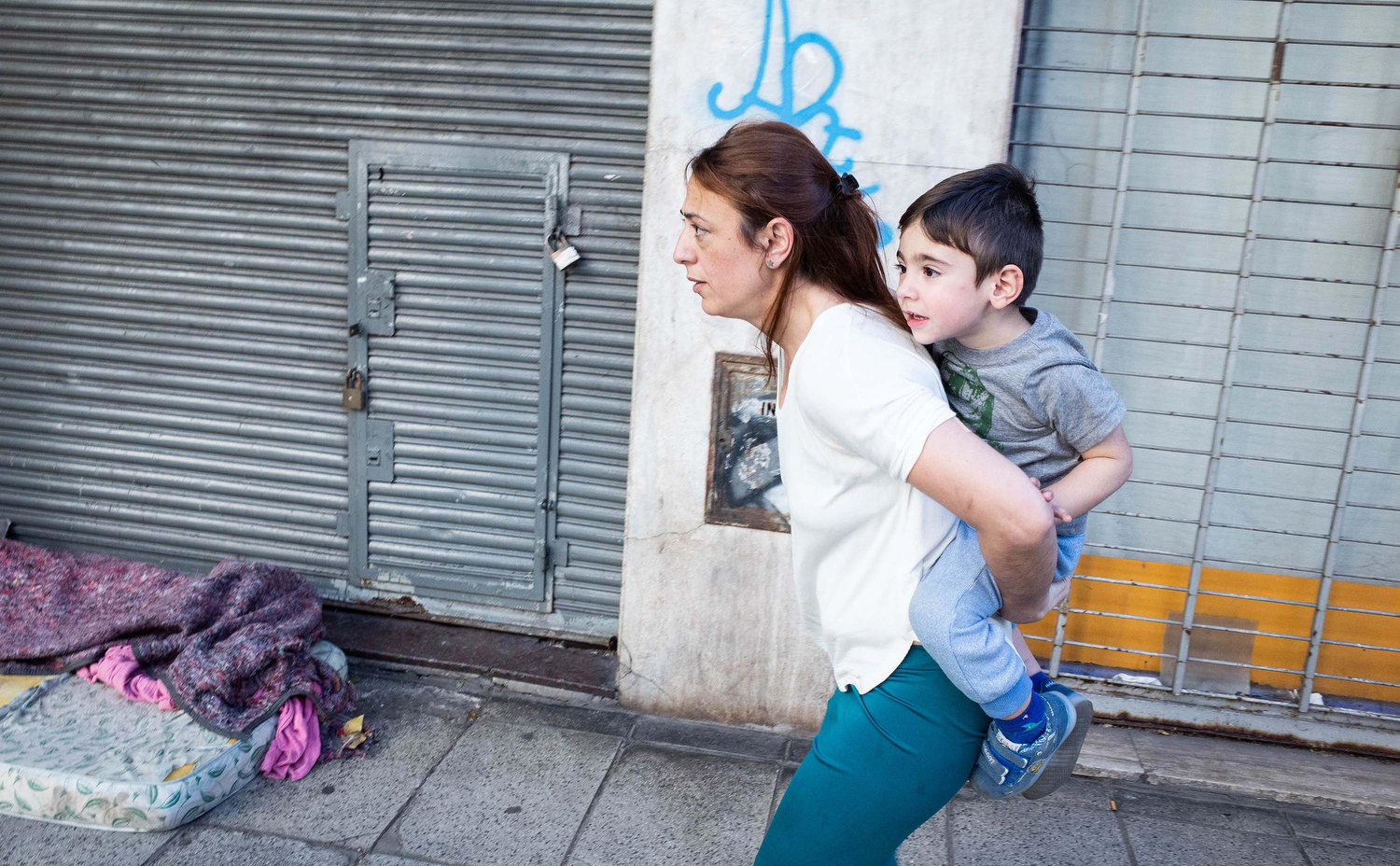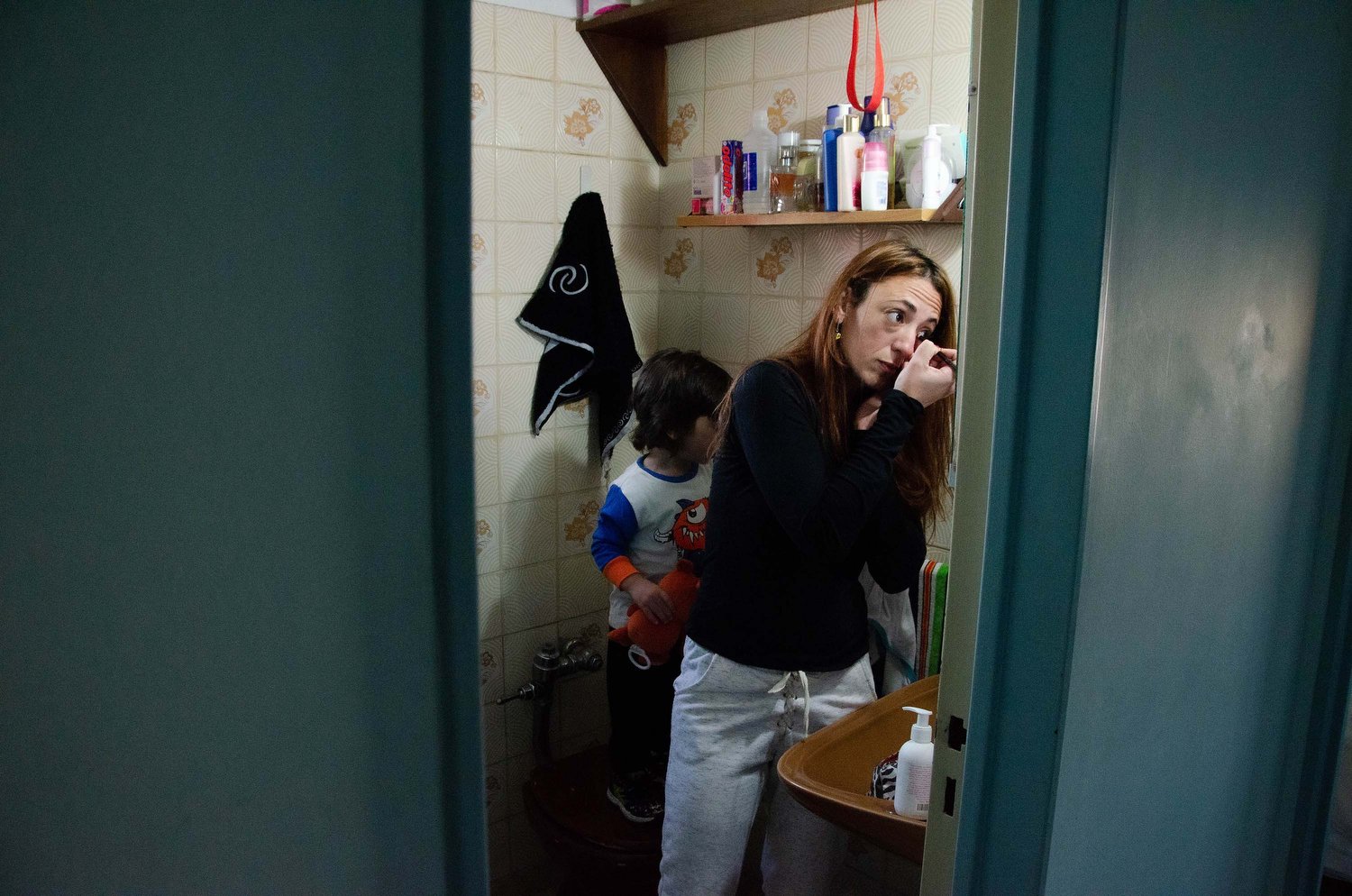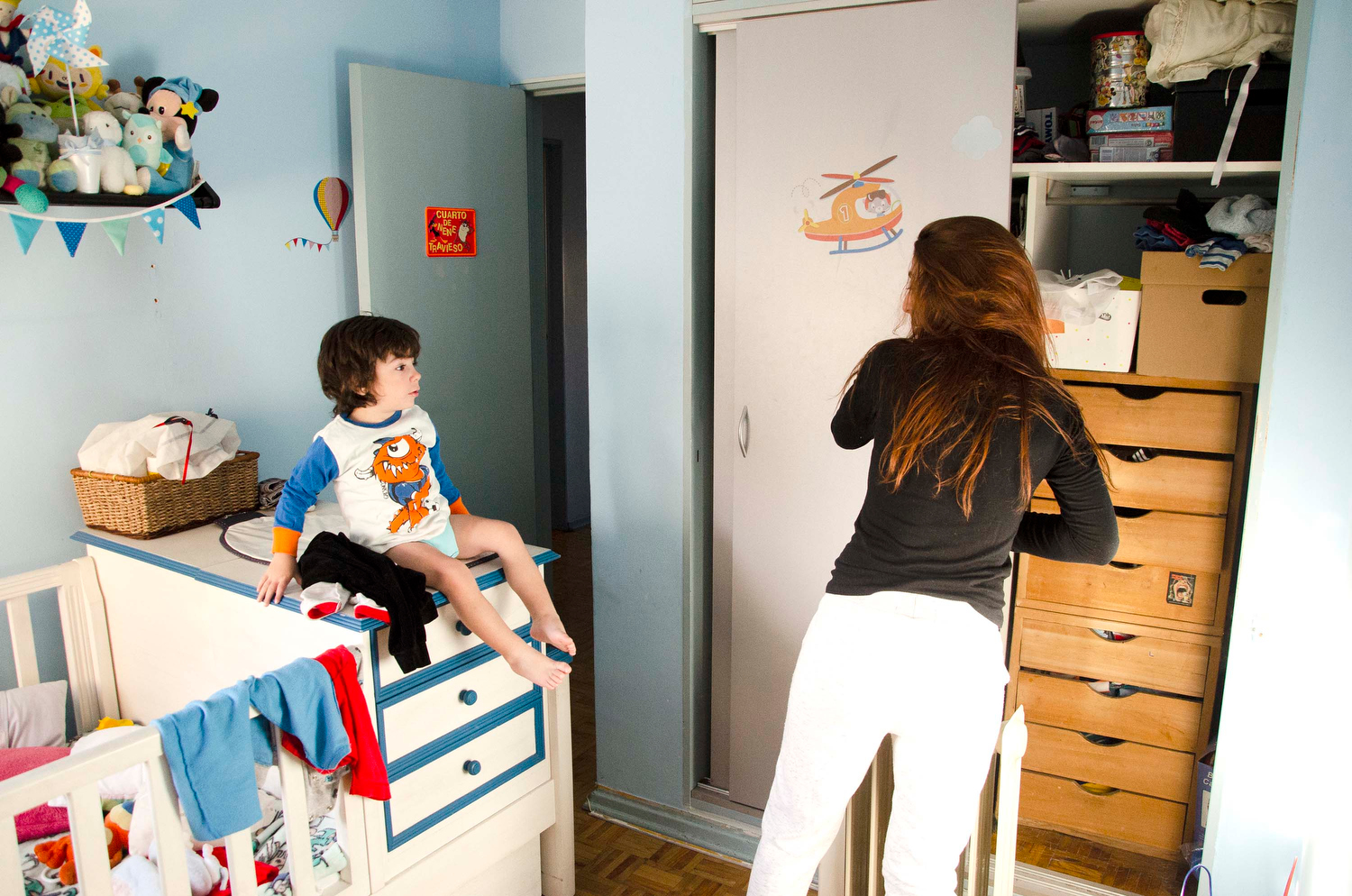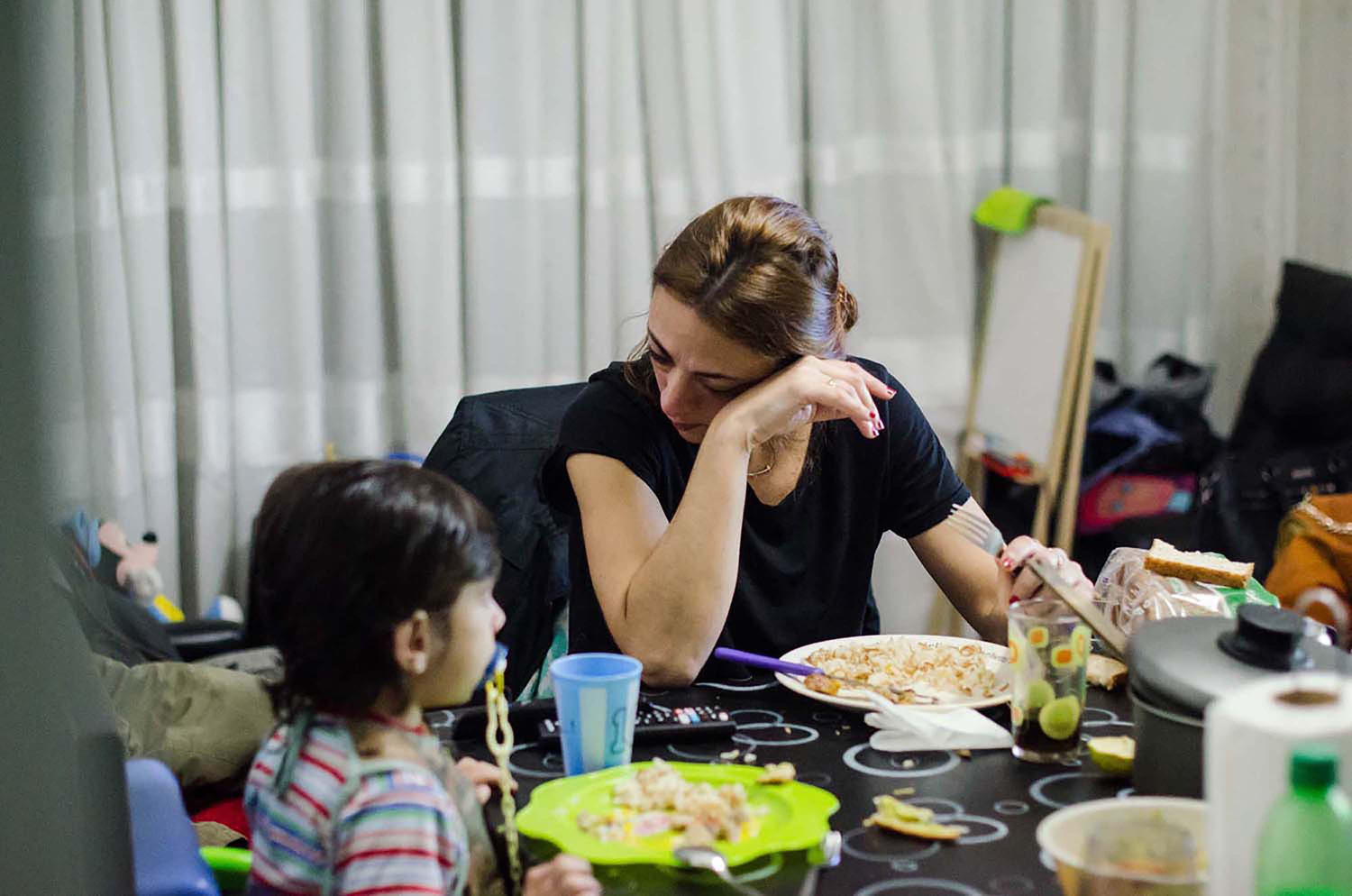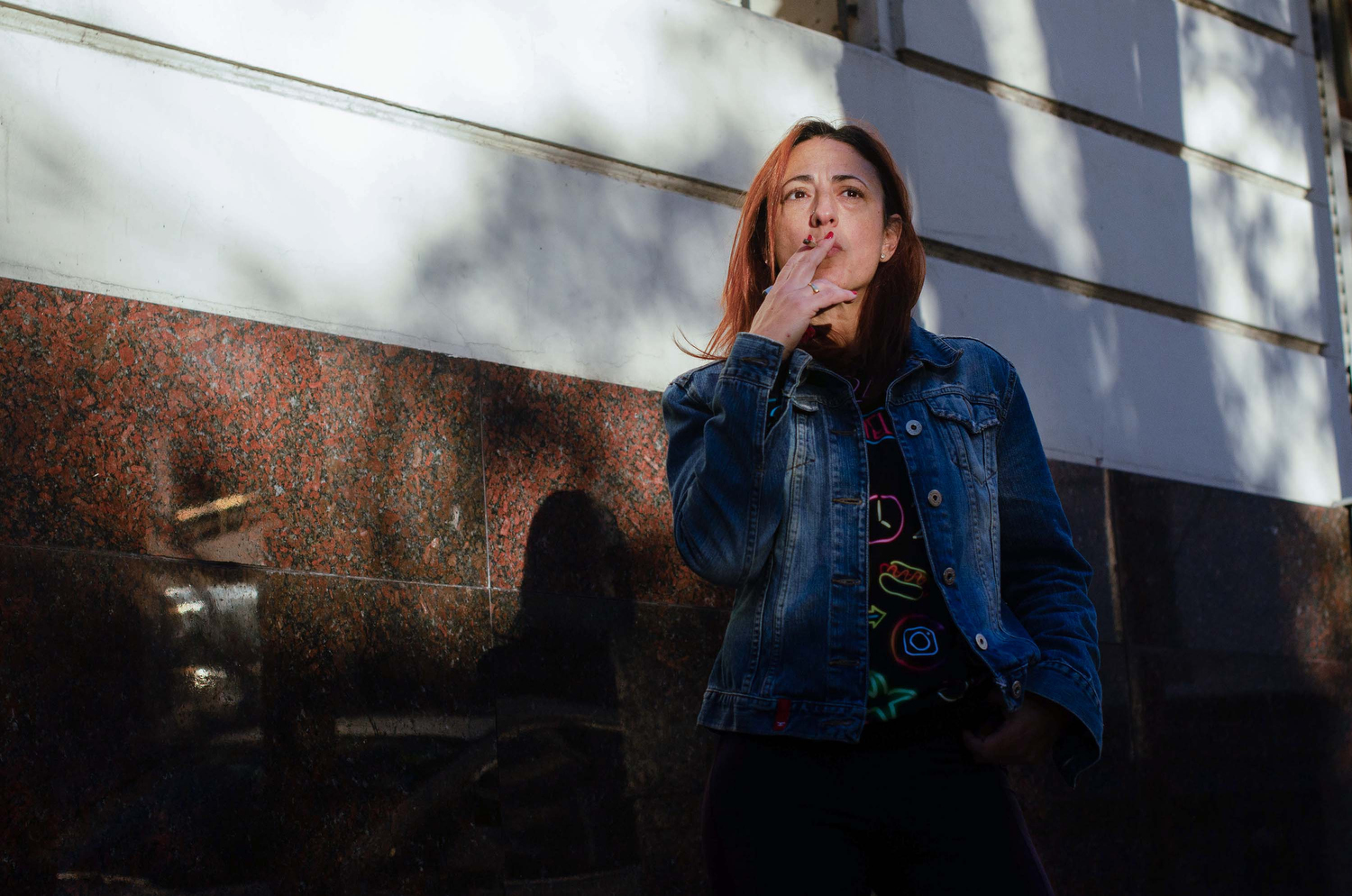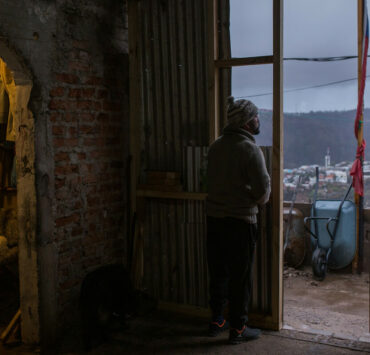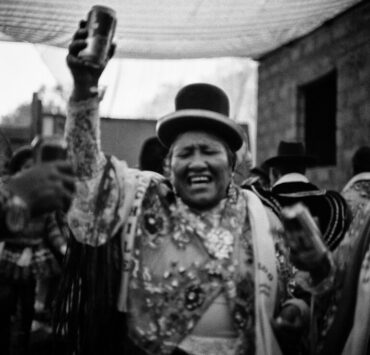

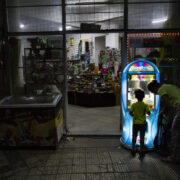
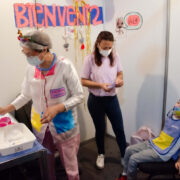 +17
+17 An unbearable invisibility
An unbearable invisibility
An unbearable invisibility
An unbearable invisibility
An unbearable invisibility
An unbearable invisibility
An unbearable invisibility
An unbearable invisibility
An unbearable invisibility
An unbearable invisibility
An unbearable invisibility
An unbearable invisibility
An unbearable invisibility
An unbearable invisibility
An unbearable invisibility
An unbearable invisibility
An unbearable invisibility
An unbearable invisibility
On unpaid domestic care in upbringing
Photographs: Irupé Tentorio
Text by Irupé Tentorio and Laura Rosso
Mariana is Amador’s mother; They both live in a two room apartment in the San Cristóbal neighborhood of the City of Buenos Aires. Three years ago, Mariana separated from the father of her child and was caught up in the whirlwind of reorganizing her life. The dimension of pleasure, desire and satisfaction was suspended in a distant plane. First there were domestic occupations and work outside the home to maintain their income. With a small child to care for, feed, bathe, take to the doctor and school, inequalities intensify, are felt, experienced. They are carried on the body.

All the tasks made invisible under the walls of the domestic world appear as destiny, as if women had natural abilities for childhood and motherhood. During 2020, the National Directorate of Economy, Equality and Gender released a report entitled “Care, a strategic economic sector”, said research was carried out by the economist Mercedes D’Alessandro and announced that at the national level 9 out of 10 women carry out care tasks, that is, reproductive work -which worldwide has no value in the capitalist market- means an average of 6.4 hours a day, three times more than men and if we take it to an economic framework, would contribute 16% of the domestic product of the Argentine economy, more than the national industry (13.2%), commerce (13%) and the real estate market (9.9%).
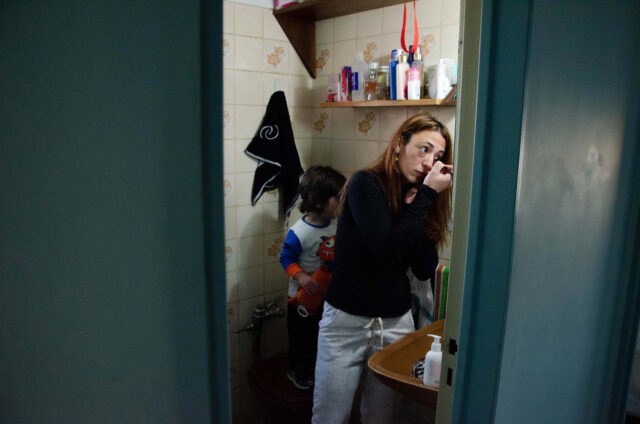
Like so many, Mariana went through more than one emotional and economic crisis. She and her son had to move from a four-bedroom apartment to a two-bedroom apartment and then, in the midst of a pandemic, to a three-bedroom apartment, always bearing in mind that it be in the same area as his mother’s house, who is a person essential in their daily lives to take care of Amador.
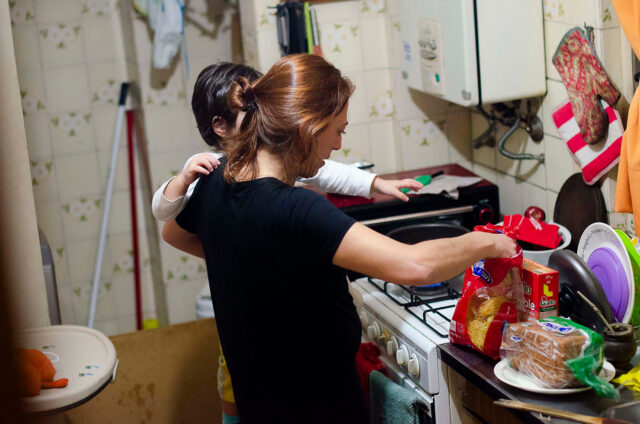
The work of reproduction depends on care and that inevitably touches the springs of a patriarchal/capitalist structure. In our society there is no equal distribution of expectations, ambitions and achievements.
This photographic essay -which is now in its fifth year- portrays Mariana’s daily life in her house, the domestic chores and games with her son, her everyday life, the love and unpaid work that care involves.
It is urgent to begin to remove care from the individual sphere, from the private order and politicize it to build collective ties and community plots.
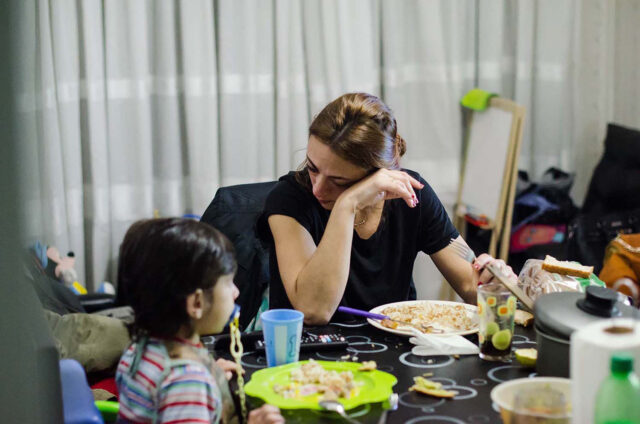
About the Author:
Irupé Tentorio, Argentine, is a photographer and journalist. She has been working from a gender and human rights perspective for more than 15 years, which she addresses through written communication, documentary photography and cultural management. Her journalistic work and reflections were published in international media, such as Internazionale, Il Manifesto, Altreconomia and DinamoPress. As a photographer, she covered international theater festivals, cultural and political events, and other activities related to current national and international social issues and events.
Her photo project is about unpaid housework. “An unbearable invisibility” has the support of the Open Society Foundations and the National Fund for the Arts in Argentina. During 2021 it was exhibited at the International Congress “Essentials for recovery” organized by the Open Society Foundations in New York and at the International Photographic Festival of Valparaíso, Chile. During 2022, in March, it will be exhibited at the Argentine Embassy in Rome, and in Medellín, Colombia, within the framework of the “Works and days” festival.
Gear:
Camera: Nikon D7000, Nikon D800, Sony alpha 600
Optics: Sony 3.5-5.6 / 16-50, Nikon 1.1.4 G /50mm
Web sites:





